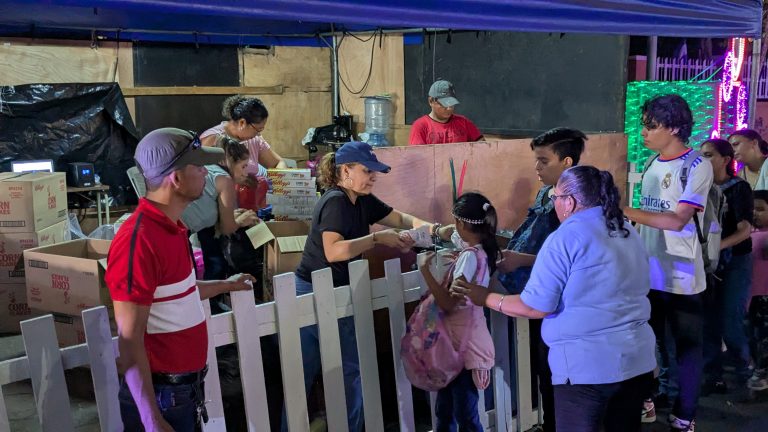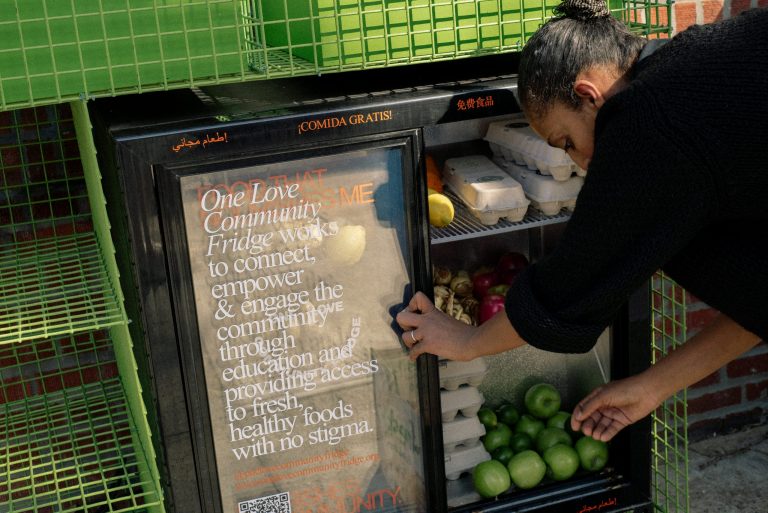Sharing The Bounty: Cultural Celebrations In Nicaragua Give Back
When 25-year-old Dayana Martinez graduated from university earlier this year and began applying for jobs in her field of graphic design, she made a promise to the Virgin Mary. For Martinez, who had been running her own printing business from home all through college, the chance to earn a steady salary and have health care and retirement benefits was important.
“If I get a job, I will give toys to children in December.”
Martínez got the job she applied for and has been setting aside a portion of her salary since to fulfill her promise to the Blessed Virgin. She has purchased toys for 50 boys and 50 girls, and will give them to children in a rural village.















